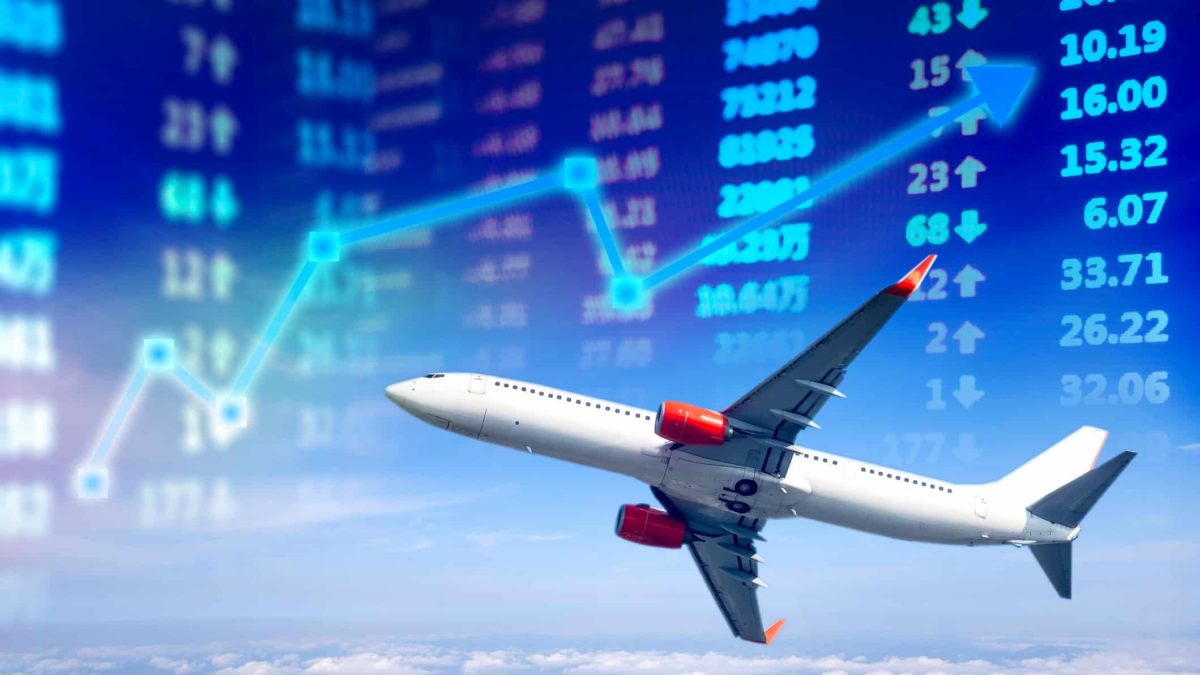The Webjet Limited (ASX: WEB) share price has risen by 63% since the start of November 2020.
What has been going on?
COVID-19 impacts have significantly disrupted Webjet during 2020. Its FY20 result was a story of two polar opposite halves. Webjet reported that its FY20 underlying operations, which excludes a number of one-offs, showed total $3 billion of total transaction value (TTV) with $2.3 billion of that coming in the first half. Total FY20 revenue was $266.1 million, with $217.8 million of that generated in the first half. FY20 underlying earnings before interest, tax, depreciation and amortisation (EBITDA) was $26.4 million, but it made a $59.9 million EBITDA loss in the second half and generated $86.3 million of EBITDA in the first half.
The FY20 statutory result included a number of one-off items totalling $117.7 million, of which $78 million were in the second half. These include $40 million of debtors write-off, $14.6 million associated with the closure of Webjet Exclusives and $20 million of impairment of intangibles from the closure of Online Republic Cruise.
However, Webjet has implemented a number of measures to ensure its survival and prepare for the recovery of global travel. It reduced costs by around 50%, it strengthened its balance sheet with a $346 million capital raising and carried out a $163 million notes issue. Webjet has been working on some strategic initiatives to maximise its performance when markets reopen.
Why has the Webjet share price been rising?
Webjet shares started rising on 3 November 2020, which was just after the US election when it appeared that Joe Biden was likely to be the winner (but without winning the Senate).
There has been a number of COVID-19 vaccine announcements in recent weeks. Moderna's COVID-19 vaccine is reported to be around 95% effective. The BioNTech-Pfizer vaccine data also suggested an effective rate of over 90%. The Webjet share price has risen around 33% since news broke of the effectiveness of the BioNTech vaccine, which was the first one announced.
The Oxford University-AstraZeneca vaccine offers protection of at least 70% and perhaps up to 90% with a different dosage.
Webjet held its AGM a few weeks ago, before the US election and vaccine news.
It said that it expects people will resume their travel patterns as soon as conditions permit. Webjet sees considerable pent-up demand building for the travel services and products that it sells, particularly in the leisure market. Webjet believes the recovery will appear first in markets where there are vaccines, or in safe corridors.
The company pointed out that, after some research, over 70% of global travellers say they would travel within three months of restrictions being lifted and 70% said that they expect to have the same or more budget available for their holidays.
How is FY21 going?
Webjet said that its monthly cash burn in the first quarter was less than expected at $9 million per month compared to $10.5 million in FY20. The savings was due to an ongoing review of costs and staff attrition.
The company said that it has identified additional cost savings.
Webjet also said that TTV growth is now delivering positive working capital. WebBeds experienced TTV growth in the first quarter of FY21 compared to the fourth quarter of FY20 and is starting to produce positive working capital ($7 million) and aged debt collections ($6 million).
Webjet's online travel agency (OTA) is also delivering positive working capital as the domestic leisure market starts to re-open.
The Motley Fool Million Dollar Portfolio currently rates the Webjet share price as a buy. According to Commsec, it's trading at 22x FY23's estimated earnings.









